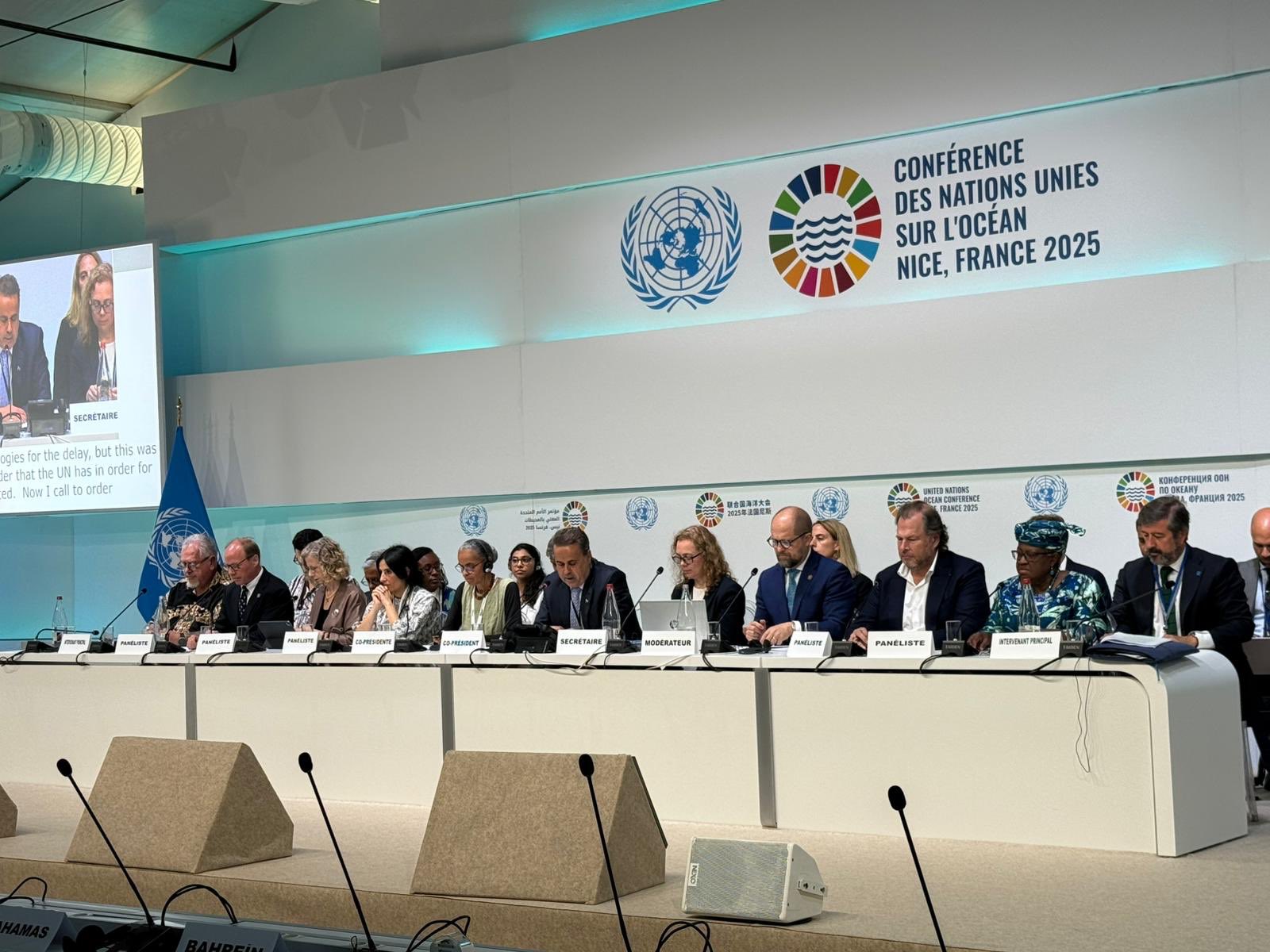By Toba Owojaiye
Abuja, Nigeria
The Trump administration is reportedly considering a significant reduction in the United States’ diplomatic presence globally, with nearly 30 embassies and consulates potentially facing closure.
The proposal, detailed in an internal document from the U.S. State Department, suggests scaling back U.S. operations in various regions, including Europe, Africa, Asia, and the Caribbean. Among the African nations, the embassies in the Republic of Congo, the Central African Republic, Lesotho, and South Sudan are on the list for potential closure.
Truth Live News gathered that the proposed closures are part of a broader effort to trim the U.S. government’s international footprint. The document, which was first reported by CNN, lists 10 embassies and 17 consulates, with a significant number of the affected locations situated in Africa and Europe. These closures are part of a strategy to reduce costs, streamline diplomatic missions, and focus U.S. resources on more critical areas of strategic interest.
The list includes not just embassies but also consulates, with proposed closures affecting posts in several European countries, including five consulates in France, two in Germany, and others in Bosnia and Herzegovina, the United Kingdom, South Africa, and South Korea. The proposal even suggests reducing the U.S. presence in countries that have been key in America’s counterterrorism efforts, such as Somalia and Iraq, where the U.S. has maintained a high profile due to security concerns and ongoing military operations.
A US consulate in South Africa may also be shut down.
“The document recommends closing 10 embassies and 17 consulates. Many of the posts are in Europe and Africa, though they also include locations in Asia and the Caribbean. These include embassies in Malta, Luxembourg, Lesotho, the Republic of Congo, the Central African Republic, and South Sudan.
“The list also includes five consulates in France, two in Germany, two in Bosnia and Herzegovina, one in the United Kingdom, one in South Africa” the report stated
If implemented, these closures would mark a dramatic shift in U.S. diplomatic strategy in Africa, a continent that the U.S. has long considered an area of growing economic and security importance. The U.S. has invested considerable resources in diplomatic relations and aid across Africa, particularly in the realms of counterterrorism, development, and trade. The decision to close embassies in countries like South Sudan and the Central African Republic—both of which have faced ongoing conflicts—could signal a retrenchment in U.S. diplomatic engagement in the region.
The U.S. maintains diplomatic posts in many African nations as part of its broader efforts to foster economic growth, stability, and cooperation. However, several African nations have been critical of the U.S. for what they perceive as inconsistent policies, particularly in light of recent developments in countries such as Somalia, South Sudan, and the Republic of Congo.
The potential embassy closures also come in the context of the Trump administration’s broader foreign policy focus, which has prioritized “America First” and a shift toward more transactional international relations. The administration has long emphasized reducing the U.S. financial burden in international relations, often criticizing what it sees as the excessive cost of maintaining a robust diplomatic presence abroad. The plan to reduce the number of U.S. embassies and consulates aligns with the administration’s efforts to curb spending in various sectors, including foreign diplomacy.
At the same time, the closure of U.S. diplomatic missions abroad raises questions about the long-term implications for American influence in regions like Africa, where the U.S. has been seeking to counter China’s growing influence, especially in trade and infrastructure development. The reduction in diplomatic footprint could impact U.S. efforts to maintain its partnerships and counterbalance China’s increasing investments in the region.
As of now, the proposal has not received official approval from Secretary of State Marco Rubio, and it remains unclear whether the plan will proceed. A spokesperson for the State Department declined to comment on the leaked document, and there have been no public statements from the Trump administration confirming or denying the closures.
The debate over U.S. diplomatic presence abroad highlights ongoing tensions between fiscal conservatism and the need for a robust international presence to safeguard national interests.
